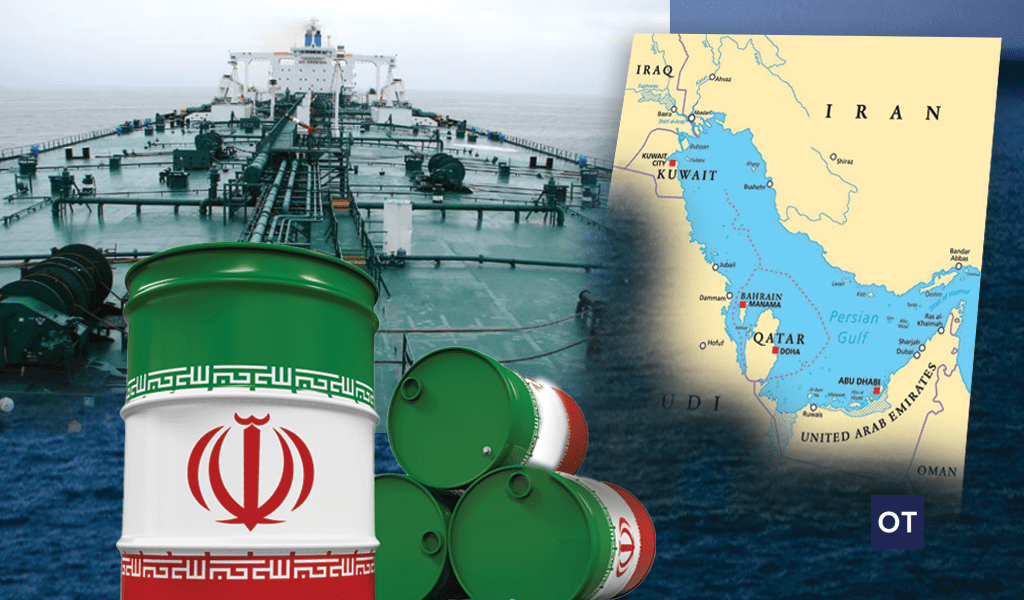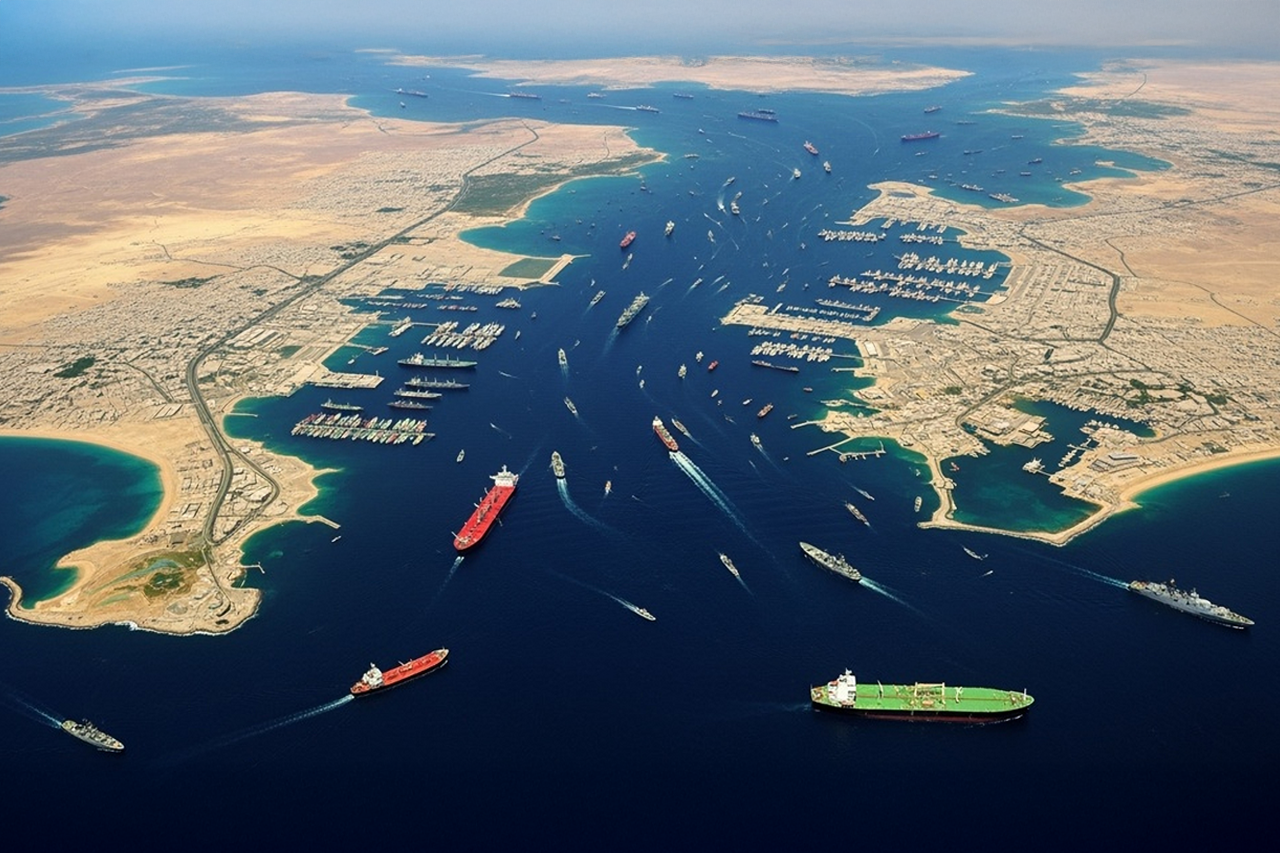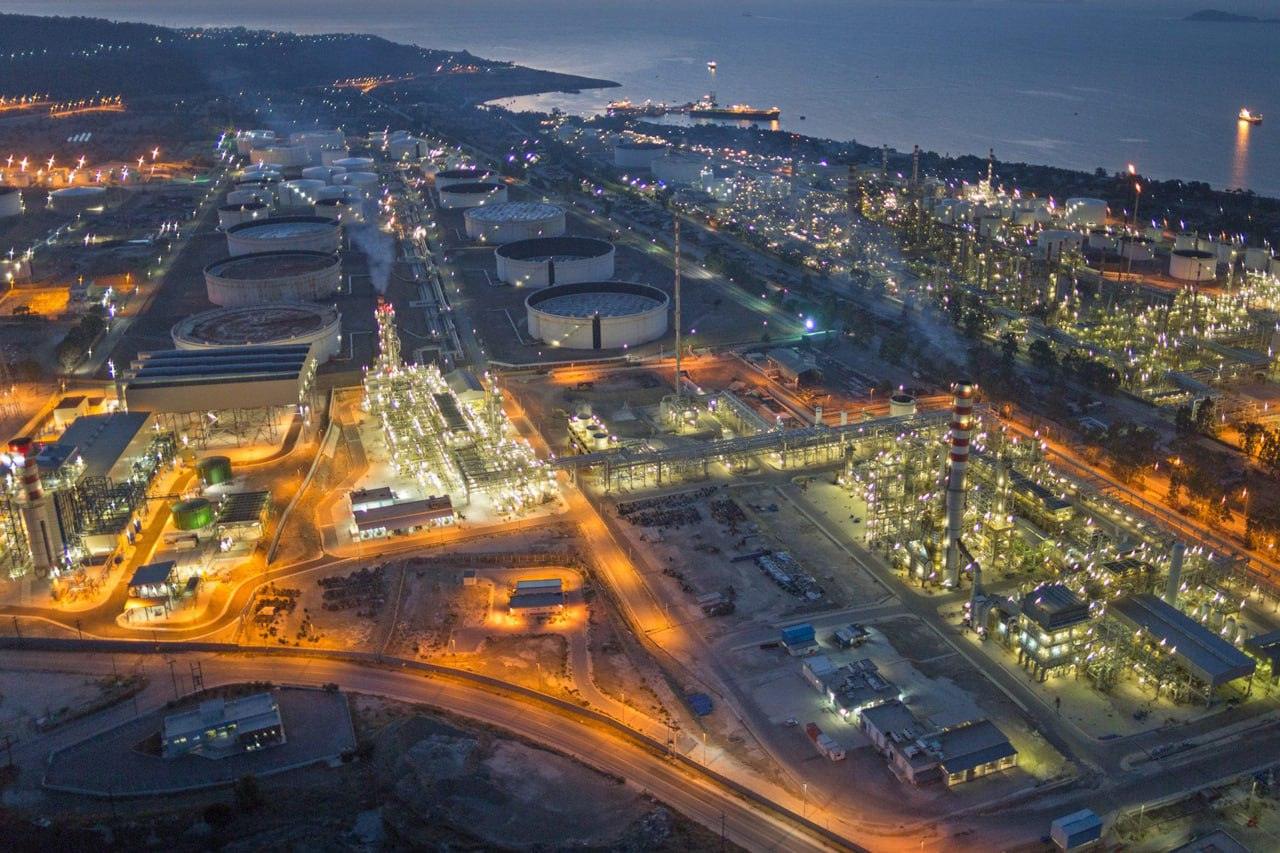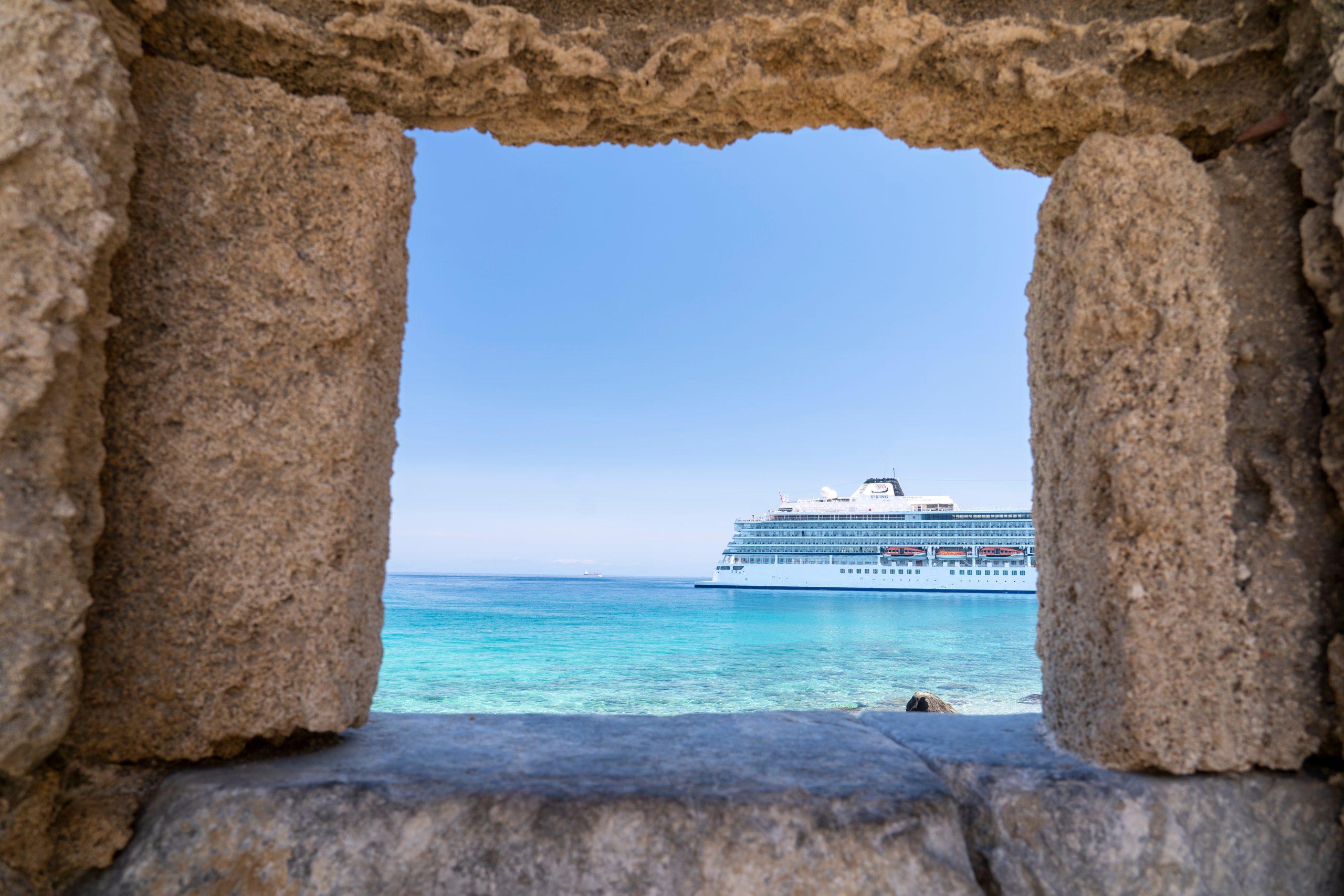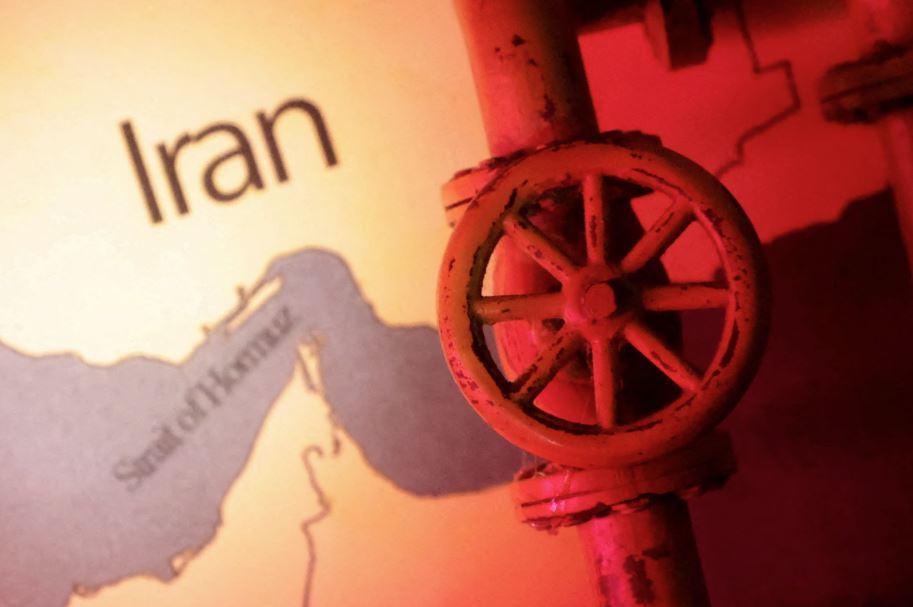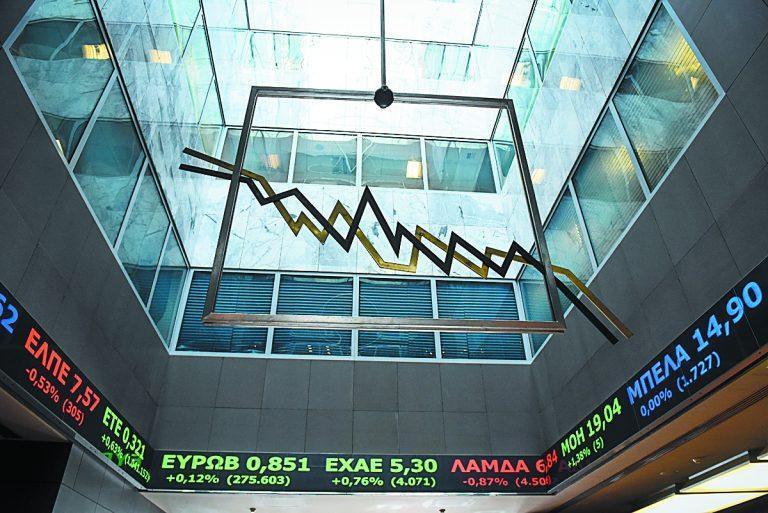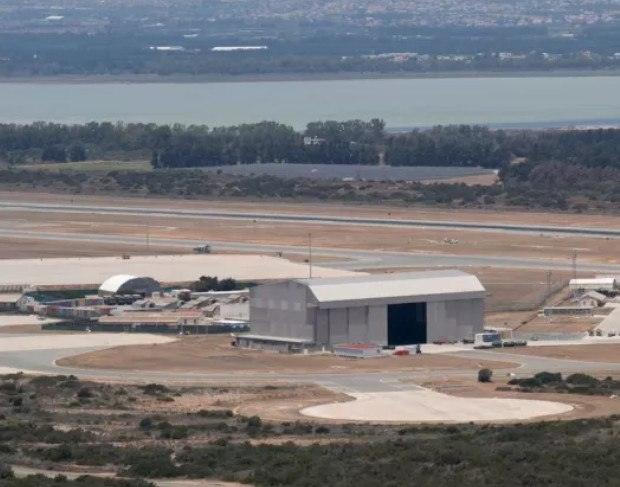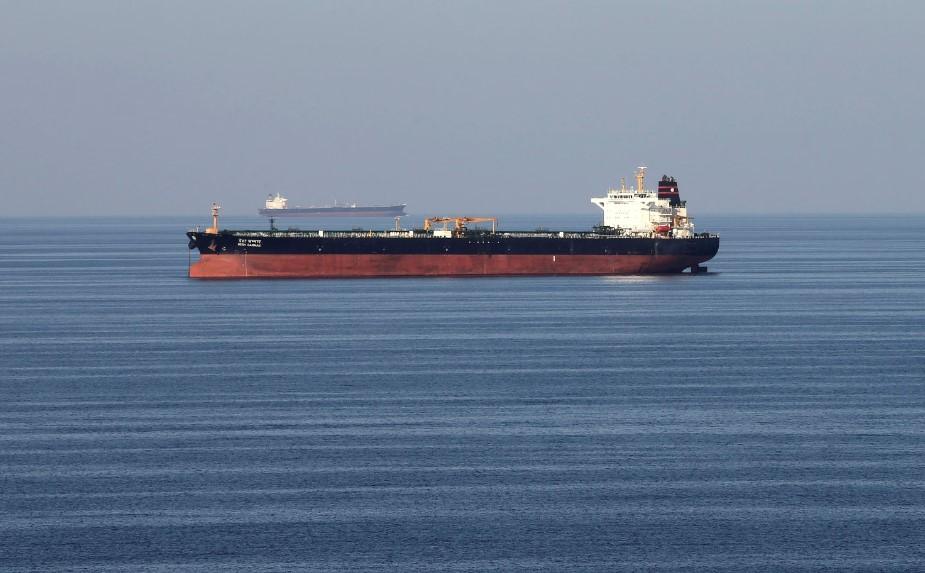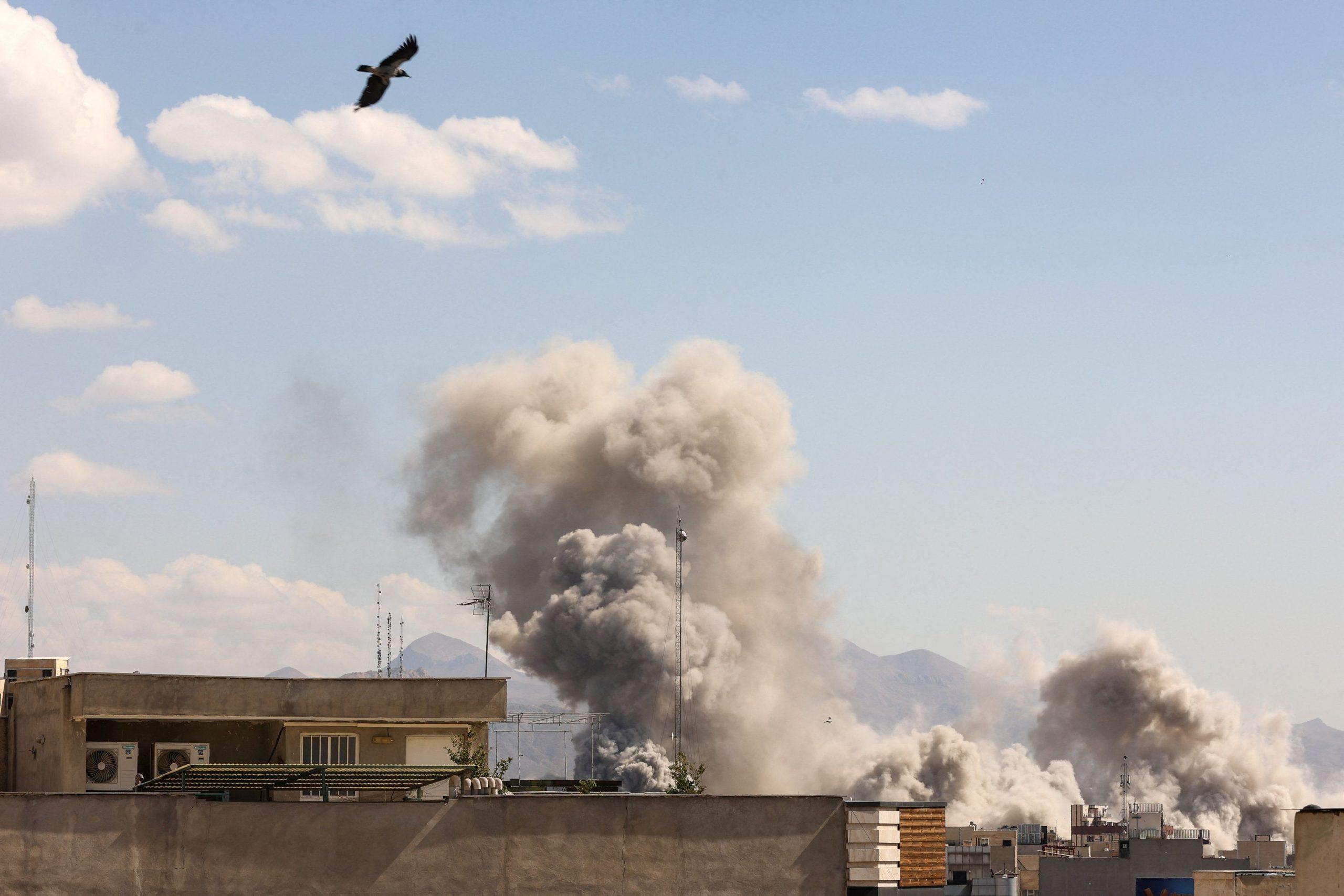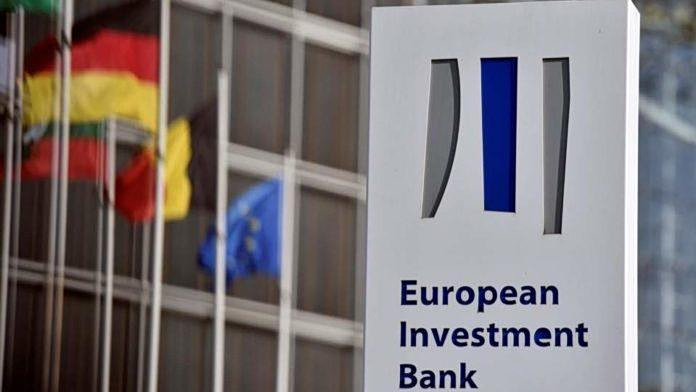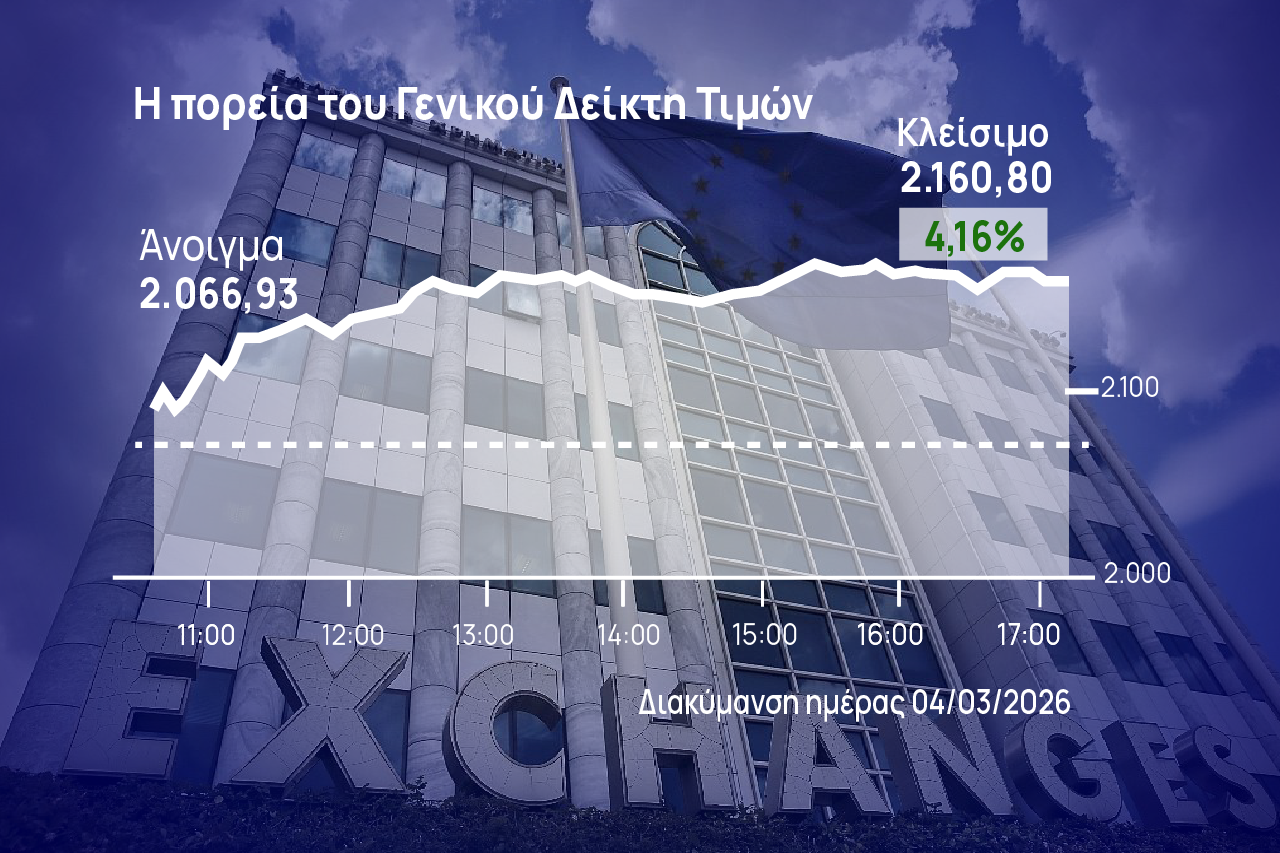Libya has issued a formal diplomatic protest to the United Nations, directly challenging Greece’s maritime boundary claims south and west of Crete. This marks the first time Tripoli has officially laid claim to areas of the Eastern Mediterranean previously designated by Greece for offshore hydrocarbon exploration.
At the heart of the dispute is the contentious 2019 maritime memorandum signed between Turkey and Libya, which Athens and much of the international community have rejected as legally invalid under international maritime law.
Libya’s Diplomatic Protest and Its Claims
The diplomatic note, submitted to the UN on June 20 and published on July 3, questions the so-called “median line” defined by Greece, which forms the basis for licensing offshore blocks south of Crete. Libya asserts these waters are subject to an unresolved bilateral dispute and considers them part of its own maritime domain.
In attached maps, Libya illustrates a maritime boundary extending from its agreement with Turkey. This line effectively eliminates Greece’s Exclusive Economic Zone (EEZ) south of Crete and challenges the island’s impact on determining maritime zones.
Tripoli accuses Athens of creating de facto situations detrimental to Libya’s sovereign rights, describing Greece’s licensing process as an illegal and unilateral action without legal basis or bilateral agreement.
Accusations of Violating International Law
Libya claims that Greece’s exploration tenders, which include areas offered to major energy firms like ExxonMobil and Total, violate the United Nations Convention on the Law of the Sea (UNCLOS). The protest calls on the international community, led by the UN, to preserve peace and stability in the Mediterranean and to discourage actions that could escalate tensions.
Libya particularly objects to Greece’s June 12 international tender offering two large offshore blocks—“Crete 1” and “Crete 2”—for exploration. Over 85% of the 23,300 square kilometers covered by these blocks, Libya argues, lie within what it considers its maritime territory.
According to Libya’s National Oil Corporation (NOC), Greece had already granted licenses in these disputed zones in the past. It claims that seismic surveys by ExxonMobil took place in 2022 and 2024, with plans for drilling underway.
A Significant Shift in Libya’s Position
Although Turkey has previously declared an EEZ based on the 2019 memorandum, Libya had not officially followed suit—until now. The diplomatic note marks a notable escalation, moving from silence to formal assertion. It also signals Tripoli’s desire to assert maritime claims previously left vague or unspoken.
The move undermines earlier assumptions that Libya tacitly accepted Greece’s delineations and confirms a serious geopolitical rift in the region. The claim also impacts smaller Greek islands whose influence on maritime boundaries is contested by Libya.
Greece’s Response: Calm, Firm, and Legalistic
Greek diplomatic sources stress that the protest adds no new substance to previous Libyan arguments. An official Greek response to the UN is being prepared.
Greece categorically rejects any claims or actions based on the Turkey-Libya memorandum, which it considers invalid and inconsistent with UNCLOS. Athens maintains that any resolution must be based on international law, particularly the Law of the Sea, which recognizes the right of islands—like Crete—to generate full maritime zones.
Foreign Minister George Gerapetritis has proposed forming technical negotiation teams with both the Tripoli and eastern Libyan administrations to explore dialogue. Greece remains open to bilateral negotiations or, failing that, referral to the International Court of Justice in The Hague.
Despite the tension, Greece emphasizes that it will continue to exercise its sovereign rights responsibly and lawfully. Officials insist that no external pressure will deter the Greek government from conducting lawful exploration activities.
Outlook: Legal Dispute or Growing Flashpoint?
Libya’s formal protest to the UN introduces a new layer of complexity to the Eastern Mediterranean energy puzzle. As Greece moves forward with exploration plans, and energy companies ramp up interest, the stakes are rising—not only economically, but geopolitically.
With both countries invoking international law and appealing for peaceful negotiation, the potential exists for diplomacy to prevail. However, unless common legal ground is found or arbitration is accepted, tensions are likely to persist, casting a long shadow over energy security and cooperation in the region
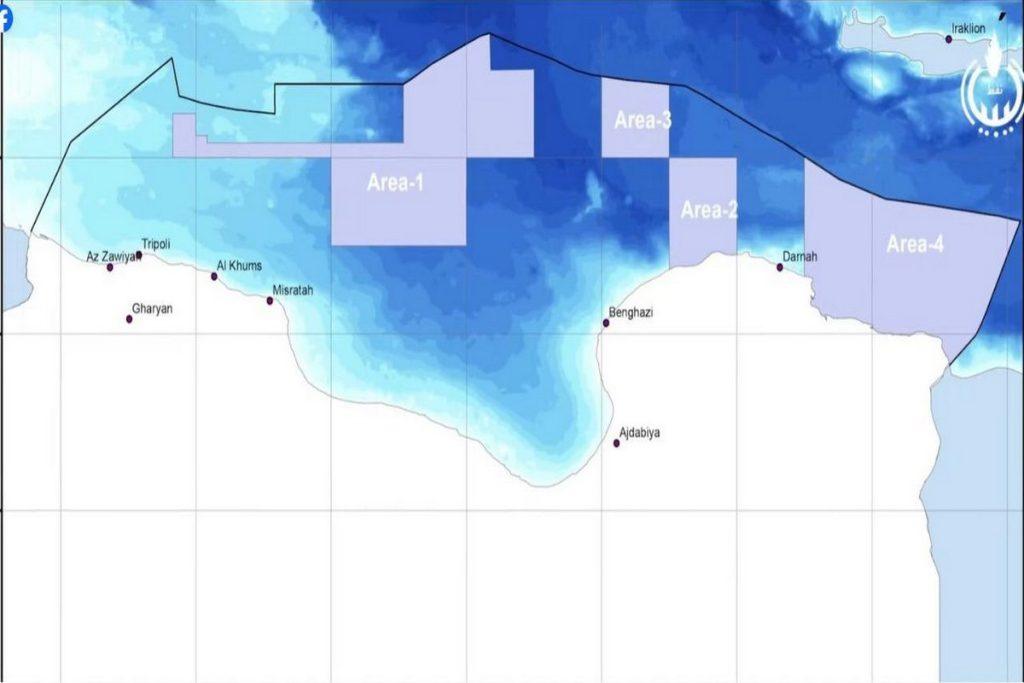



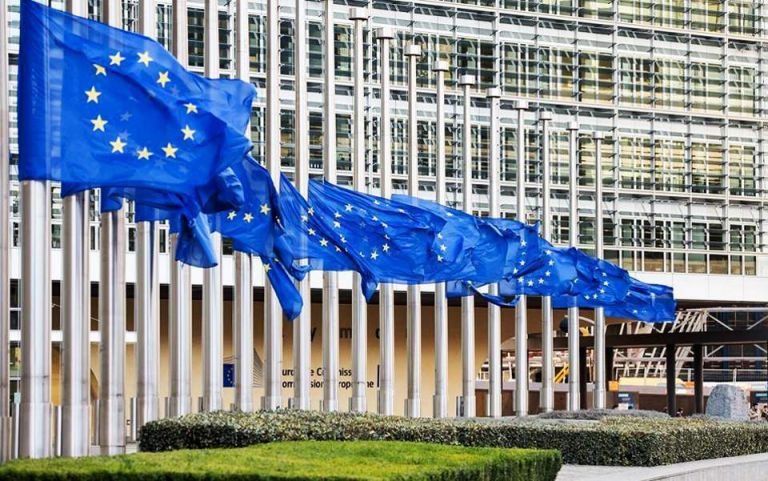
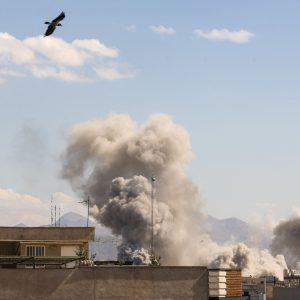





![Χρυσή λίρα: Μια ανάσα από τα 1.200 ευρώ η τιμής της [πίνακας]](https://www.ot.gr/wp-content/uploads/2026/03/ot_iran_war_lires_up.png)

